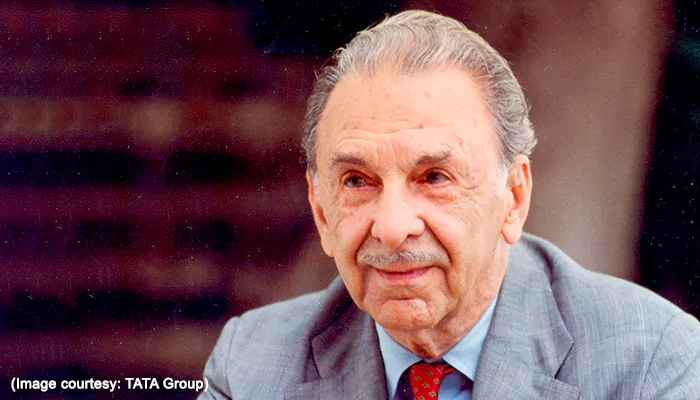Wasim Akram ‘embarrassed’, cracks the whip on woeful Pakistan for ‘losing consistently at home': ‘Simply don’t get it'
- Devyani
- 1 year ago
- 4 minutes read

Around two years ago, when Germany’s manufacturing sector entered recession and major companies were stepping down or limiting investments, Europe’s leading economy started falling behind. Now, German giant automobile manufacturer, Volkswagen, and American multinational technology company, Intel are withdrawing from the country, fuelling the tense situation even further.
For the first time in the 87-year-old history of the company, Volkswagen is considering closing down its German plant, which is a source of income for around 300,000 employees. The company has taken this measure to slash costs by 10 Billion Euros. Volkswagen CEO, Oliver Blume, expressed in an interview on Monday that Germany’s waning industrial strength is having a heavy impact on the automaker. VW is facing several challenges a disinterest in electric vehicles among buyers, diminishing consumer demand, and escalating competition from its Asian challengers.
In a statement on Monday, Blume said, “The economic environment has become even tougher and new players are pushing into Europe. Germany in particular as a manufacturing location is falling further behind in terms of competitiveness. In this environment, we as a company must now act decisively.”

Intel in Germany
What’s the German Problem? Is Germany in Crisis?

German’s Economy is in Troubled Waters. (Image Credit: BBC)
Germany’s manufacturing sector has been experiencing a sharp decline since early 2022. This happened primarily due to the Russian-Ukraine War which led to the loss of Russian energy. This resulted in diminishing demand in its leading export market in China and the shriveling of confidence and interest among domestic customers.
In August, Germany continued the stagnation trend that has lasted for the past two years, as the country’s manufacturing PMI plummeted to a five-month low of 42.4. The global manufacturing output, on the other hand, gave promising results. A PMI reading below 50 indicates contraction.
Dr. Cyrus de la Rubia, the chief economist at Hamburg Commercial Bank, stated, “The downturn in Germany’s manufacturing sector is proving far more prolonged than anticipated. The sharp decline in new orders in August has dimmed prospects for a swift recovery.”
“Normally, over the last 30 years, the industry has managed to recover within a maximum of 20 months of a recession starting. But this time, things are different, and China seems to be the main culprit,” de la Rubia expressed.
She further added, “The country is stepping up its game, competing head to head with German industrial companies—not just in China, but also in Germany and other key markets, especially in the automotive and mechanical engineering sectors.”
German companies have been well aware of and paid significant attention to the economic situation emerging within the country. They predicted that the ongoing economic slump might just hint at the onset of a longstanding trend.

In 2023, shifting their focus from China and Germany, $15.7 billion was invested by German businesses in capital projects in the US. This marked a significant increase from the $5.9 billion invested in 2022.
Other major firms which have heavily invested in Germany are now rethinking their strategies and commitments.
Intel is now looking forward to cutting costs and hence is enveloped in its own set of challenges, reconsidering if they postpone or cancel the 30 Billion Euros ($33 billion) investment in a factory project in Magdeburg, situated in eastern Germany. When the outline was first announced in June 2023, Germany had guaranteed 9.9 Billion Euros ($10.9 billion) to support the development of the project, according to Reuters.
Intel’s representative has however refused to comment on its plans of withdrawing business from Germany.
Chancellor Solz faces significant concern as more leading companies are re-considering their operation in Germany.
Besides, a tumbling economy and growing population, the German chancellor, Scolz, is also running into problems associated with the comeback of the German far-right. On Sunday, the Alternative for Germany (AfG) political party emerged victorious, becoming the first ring-wing party to win a state election in the country since 1949. This reinforces the challenges that Scholz is facing in persuading both German businesses and the public of his government's strategy.












